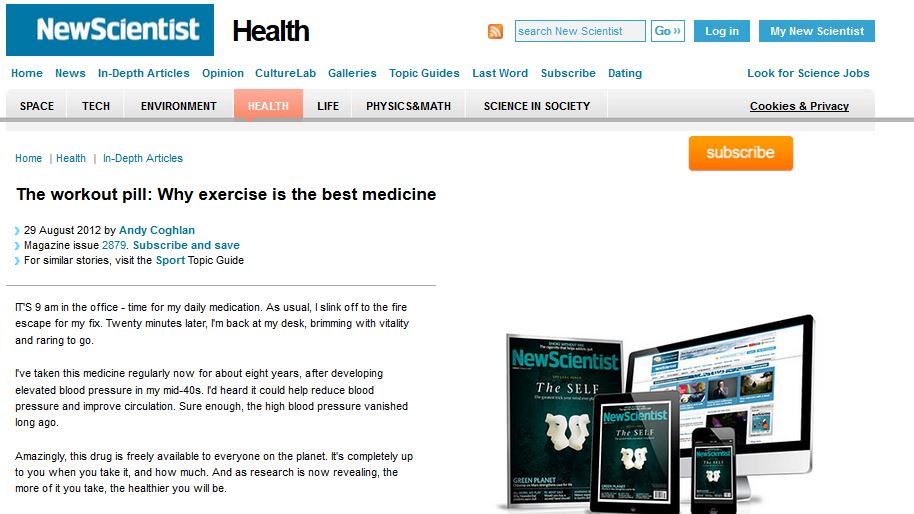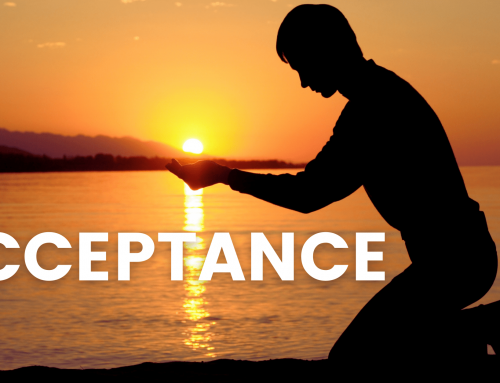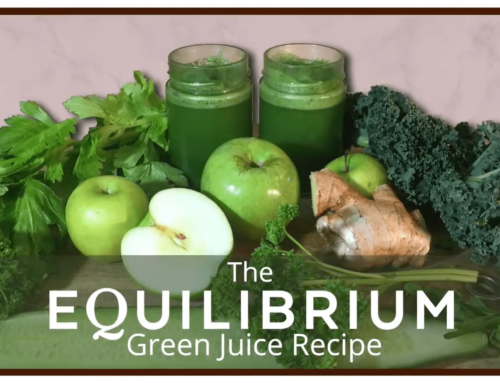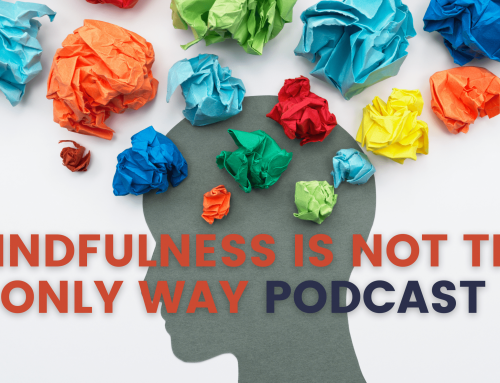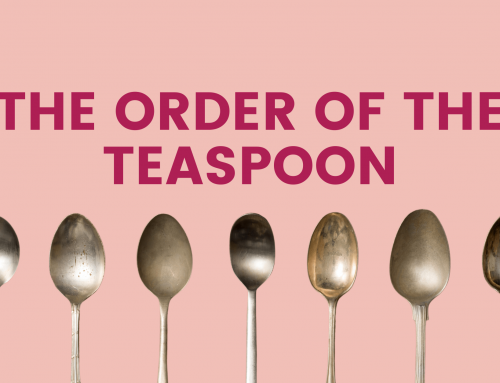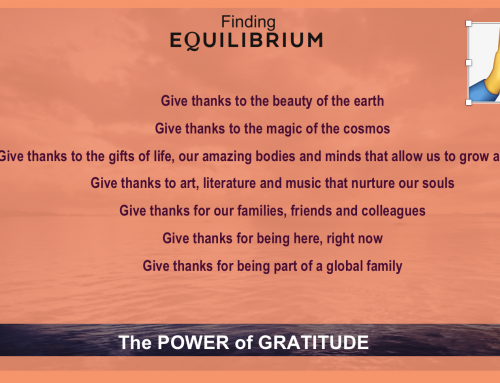Being inactive kills more people than smoking, and there’s research to back it up.
“….. physical inactivity is killing us. Everyone knows too much booze or tobacco is bad for you, but if physical inactivity was packaged and sold as a product, it would need to carry a health warning label,” (see full article below for details.)
How do I know? Well, I was walking up the stairs the other day in our Central London office when I bumped into a guy sweating heavily. Curious, I asked him if he was OK and it turned out that he was fine and was doing his daily ‘stair run’, incorporating functional exercise into his life, rather than going to a gym.
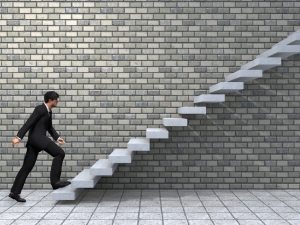 As someone who always takes the stairs (I walk up 5 flights everyday), we got talking, and I learnt that the guy was actually Andy Coghlan, a writer for NewScientist who had written a really interesting article a couple of years ago when he looked into the science behind exercise.
As someone who always takes the stairs (I walk up 5 flights everyday), we got talking, and I learnt that the guy was actually Andy Coghlan, a writer for NewScientist who had written a really interesting article a couple of years ago when he looked into the science behind exercise.
When I returned to my own office, I immediately searched for the article and read it from top to toe. I knew I had to put it on the blog for others to share. There’s some really interesting research discussed – about the negative impact of being inactive not just about adults, but about children and teenagers too – and research also suggested that even if people didn’t lose weight but simply moved more it would have enormous health benefits. The ‘being inactive’ angle is really about movement – about exercise, and I don’t mean running a marathon – it’s about doing anything but being inactive. It doesn’t sound that dificult does it?
Here’s the science bit: Research found that (and I quote directly from the article)
‘a lack of cardiorespiratory fitness was the most important risk factor for early death. It accounted for about 16 per cent of all deaths in men and women over the period of study, more than the combined contributions of obesity, diabetes and high cholesterol, and double the contribution of smoking.’
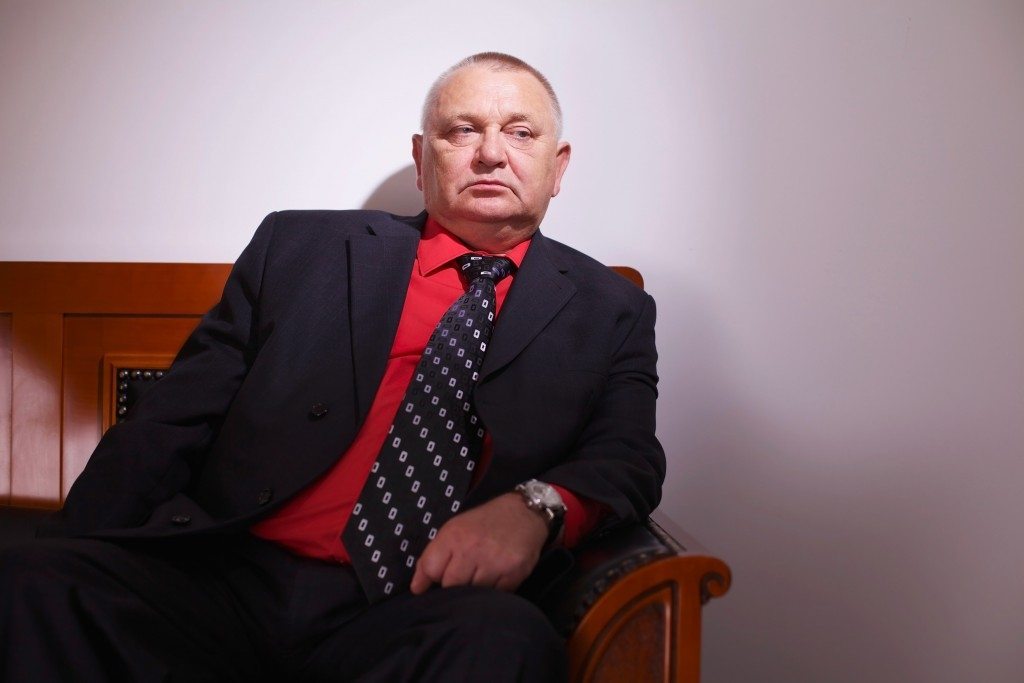
The science says it – being inactive has a serious negative health impact. How do you feel during the day? Could you do more exercise and feel better?
Coughlan’s piece takes an interesting angle – offering the solution (exercise) to be considered a medicine – a pill to ‘take’. So if you could take a pill that could save your life – you would, right?
Guess what? There is a solution for being inactive. This ‘pill’ is available, but there’s a catch…… you will need to get off the sofa and move your body to take it, and for the medicine to work.
And the good news is that you don’t have to become an athlete if you don’t want to! Just stop being inactive!
Andy says “As for me, the stair-run does seem to be working, although I don’t have health data from eight years ago to confirm my progress. Scans and tests last month showed my blood pressure and bone density are normal, and I have 6 per cent less body fat than is average for my age. Also, only 20 per cent of my fat is the dangerous sort around organs in the abdomen, compared with 30 per cent in most of my peers. My heart fitness, measured on a treadmill, is above average and I have no chronic diseases that I know of. ”
Now, imagine you were offered a pill that did all that. Wouldn’t you take it?’
Here is the article in full:-
This article was first published in Newscientist who research and write regularly on the science behind all aspects of health and nutrition, much of which has been brought together in The Scientific Guide to a Better You.
‘The workout pill: Why exercise is the best medicine. By Andy Coghlan
-
From dementia and diabetes to high blood pressure – no pill protects us against ill health like exercise does… It’S 9 am in the office – time for my daily medication. As usual, I slink off to the fire escape for my fix. Twenty minutes later, I’m back at my desk, brimming with vitality and raring to go.
I’ve taken this medicine regularly now for about eight years, after developing elevated blood pressure in my mid-40s. I’d heard it could help reduce blood pressure and improve circulation. Sure enough, the high blood pressure vanished long ago.
Amazingly, this drug is freely available to everyone on the planet. It’s completely up to you when you take it, and how much. And as research is now revealing, the more of it you take, the healthier you will be.
What is this wonder drug? It is plain old physical activity of all sorts – from running marathons to simply walking around your sofa while watching television. We’ve all heard that exercise is good for us, but what is becoming increasingly clear is the sheer extent of its benefits and why it works.
A plethora of recent studies shows that exercise protects us from heart attacks, strokes, diabetes, obesity, cancer, Alzheimer’s disease and depression. It even boosts memory. And it has the potential to prevent more premature deaths than any other single treatment, with none of the side effects of actual medication. “It’s a wonder drug,” says Erik Richter, a diabetes researcher at the University of Copenhagen, Denmark. “There’s probably not a single organ in the body that’s unaffected by it.”
Throughout evolution, humans have been active. Our ancestors chased prey as hunter-gatherers and fled from predators. More recently, they laboured on farms and in factories. But the decline of agricultural and industrial labour, plus the invention of the car, a multitude of labour-saving devices and – most perniciously – TV, computers and video games, mean we’ve all ground to a sudden and catastrophic standstill.
“We were built to be active, but the way our environment has changed and the way we live our lives has led us to become inactive,” says Christopher Hughes, senior lecturer in sport and exercise medicine at Queen Mary, University of London.
Now we’re paying the price. In 2009 Steven Blair, an exercise researcher at the University of South Carolina in Columbia, published a study of more than 50,000 men and women showing that a lack of cardiorespiratory fitness was the most important risk factor for early death. It accounted for about 16 per cent of all deaths in men and women over the period of study, more than the combined contributions of obesity, diabetes and high cholesterol, and double the contribution of smoking.
In other words, physical inactivity is killing us. “Everyone knows too much booze or tobacco is bad for you, but if physical inactivity was packaged and sold as a product, it would need to carry a health warning label,” says Hughes.
As we have become inactive, so once-rare diseases have mushroomed. A report from the organisation Diabetes UK reveals that in 1935, when the world’s population was just over 2 billion, an estimated 15 million people globally had type 2 diabetes. By 2010 the world’s population had more than trebled and the number with diabetes had shot up to 220 million, with 300 million predicted for 2025. Likewise, results published earlier this year in the Journal of the American Medical Association showed that over a third of US men and women are obese, as are about 17 per cent of US children.
Weekly dose
The good news is that we can do something about it. I started running up and down the fire escape for a few minutes each day in the hope of not having to take cholesterol-lowering statins or drugs for high blood pressure. Now I’m eager to know what my daily routine is doing to my body and, more importantly, how it might be protecting me from disease.
The most robust evidence so far comes from the Exercise is Medicine initiative pioneered by the American College of Sports Medicine in Indianapolis, Indiana. Researchers there have collated studies over the past decade or so of people who follow the US government’s advice on physical activity. This prescribes 150 minutes per week of moderate-intensity aerobic activity, such as brisk walking, ballroom dancing or gardening, or 75 minutes of more vigorous activity such as cycling, running or swimming.
Flush your system
What the Exercise is Medicine findings show is that this weekly dose of moderate exercise reduces the risk of premature death through heart disease by 40 per cent, approximately the same as taking statins.
Chi Pang Wen of the National Health Research Institute in Zhunan, Taiwan, offers some insights into precisely how physical activity prevents cardiovascular diseases. “Exercise can stimulate circulation, flush out fatty deposits in the walls of blood vessels and dilate small vessels that could otherwise be the cause of a heart attack or stroke,” he says. In April he presented results from a study of over 430,000 Taiwanese men and women, showing that exercise reduced the risk of heart attacks by 30 to 50 per cent.
Exercise also keeps blood vessels clear by helping to destroy the most dangerous fats. Research published in February reveals that it alters the structure of fatty triglyceride particles in the bloodstream, making it easier for enzymes to destroy them before they can gum up the works. Many risks to circulatory health come from such fatty particles, in the form of chylomicrons produced in the gut, or very low density lipoproteins (VLDLs) pumped out by the liver. The bigger the VLDL particles are, the easier they are for enzymes to break down, and the findings show exercise causes the particles to enlarge by about a quarter.
“A single 2-hour bout of exercise reduced triglyceride concentrations in the circulation by 25 per cent compared with no exercise,” says Jason Gill, who led the study at the University of Glasgow, UK. His team found a decrease in both types of fat, but it was twice as large for the more insidious VLDL particles.
One of the most startling findings of the Exercise is Medicine initiative is that a modest weekly dose of exercise lowers the chances of developing type 2 diabetes by 58 per cent, twice the preventive power of the most widely prescribed anti-diabetes medication, metformin.
Type 2 diabetes affects adults when they stop responding efficiently to the hormone insulin, which orders muscle and fat cells to absorb surplus glucose from the bloodstream. When insulin loses its punch, glucose continues circulating and creates the potentially fatal sugar imbalances that are the hallmark of diabetes.
How does exercise reverse this? The story dates back to 1982, when Richter found that insulin activity is enhanced by physical activity – at least, in rats. Experiments showed that after the rats ran around for a couple of hours, their cells became up to 50 per cent more responsive to insulin compared with the cells of non-exercising rats. “We confirmed it later in humans,” Richter says.
As cells reawaken to insulin, it seems that surplus glucose gets sponged from the circulation. Richter found that the effects lasted for a couple of hours after exercise in rats, and up to two days in humans.
Recently he and colleagues have unravelled more details about how exercise brings this about. They have discovered that both insulin and muscle contractions during exercise activate a molecule in muscle and fat cells called AS160, which helps them absorb glucose. Once activated, AS160 orders the cell to send molecules to the cell’s surface to collect glucose and bring it inside. Without these transporter molecules, glucose cannot get through the fatty cell membrane.
That’s not the only way exercise also helps cells burn off excess sugar. Muscle cells absorb glucose and fatty acids from the bloodstream to replenish adenosine triphosphate (ATP), the molecular fuel found in most living cells. As ATP is used up, it produces waste products that are sensed by another molecule, AMPK. AMPK then orders cells to recharge by absorbing and burning yet more fat and sugar. In the mid-1990s, Grahame Hardie at the University of Dundee, UK, found exercise accelerates this process because muscle contraction activates AMPK.
Hardie says exercise has the potential to reverse obesity and diabetes and prevent cancer. The findings of the Exercise is Medicine initiative show that taking the US government’s recommended weekly dose of exercise halves the risk of breast cancer in women and lowers the risk of bowel cancer by around 60 per cent. This is about the same reduction seen with low daily doses of aspirin.
How exercise does this is not yet clear – not least because so many factors are involved in cancer’s appearance and progression, including sex hormone imbalances, the ability of the immune system to clear cancer cells, and damage to genes and DNA generally. However, some clues are beginning to emerge. “Exercise reduces body weight, which is a known risk factor for postmenopausal breast cancer,” says Lauren McCullough of the University of North Carolina at Chapel Hill.
She also thinks that reducing fat deposits in the body results in less exposure to circulating hormones, growth factors and inflammatory substances. “All have all been shown to raise breast cancer risk,” she says.
Another clue comes from work by Anne McTiernan of the Fred Hutchinson Cancer Research Center in Seattle, who studies bowel cancer. Biopsies from 200 healthy volunteers showed that, compared with exercisers, non-exercisers had more telltale signs of abnormalities in colonic crypts – recesses in the lining of the colon that absorb water and nutrients. Crypts in idle participants had an increased number of dividing cells, and these also climbed higher up the crypt walls, where they had the potential to form pre-cancerous polyps.
Another potential protection against cancer might come back to the ability of exercise to stimulate AMPK. Recent research by Beth Levine of the University of Texas Southwestern Medical Center in Dallas showed that exercise stimulates cells craving extra energy to burn unwanted rubbish, including faulty or mutated DNA that could trigger cancer if it hangs around. More recently, in unpublished work, Levine has discovered the same processes in brain cells, suggesting that exercise might play a role in staving off dementias and neurodegeneration.
As well as potentially staving off dementia, pounding the stairs might even help boost my brainpower and memory. Back in 1999, Henriette van Praag of the US National Institute on Aging in Baltimore, Maryland, found that mice using a running wheel developed new neurons in the hippocampus, a part of the brain vital for memory. “We had a doubling or tripling of neurons after they’d been running daily for about a month,” she says. Subsequently, van Praag and other groups found the most likely reason: a doubling in the level of a substance in the hippocampus called brain-derived neurotrophic factor, or BDNF, which may support growth of new neurons.
More than a decade on, a team led by Art Kramer of the University of Illinois at Urbana-Champaign demonstrated through a brain-imaging study of 120 older adults that exercise increased hippocampus volume by around 2 per cent. It also improved their memory, as measured by standard tests. “The volume increase we saw can make up for approximately two years of normal age-related decrease,” says Kramer. “We found that even modest increases in fitness can lead to moderate, 15 to 20 per cent improvements in memory.”
The benefits aren’t just restricted to adults. Kramer and his colleagues have also found that pre-adolescent children who exercise develop larger hippocampuses.
So if exercise is so beneficial, why won’t people take it? At least 56 per cent of US adults don’t meet the government’s exercise guidelines. “The most common excuse people give in polls is that they don’t have time,” says Blair. Perhaps that is not surprising when US citizens spend, on average, almost 8 hours a day watching TV, according to a 2008 study.
For those, like me, who don’t want the fuss of joining a gym, there is plenty people can do at home or the workplace in their own time and at their own pace. Blair cites a study in which researchers asked half of a group of couch potatoes to walk round their sofa during each TV commercial break. “They burned 65 calories more per hour, and that is 260 calories in 4 hours,” he says. Over a week, their exertions met the US government recommendations for exercise.
And overweight people can benefit massively from exercise even if they don’t lose weight, Blair points out. One of his studies has shown that for fit fat people, the risk of dying prematurely is half that for unfit lean people.
Once a marathon runner, Blair now walks for an hour a day, and at the age of 73, he has set himself the goal of walking 5 million steps each year, tracking his progress with a pedometer. He is concerned that not enough doctors recognise that lack of fitness is effectively a disease. He wants them to use fitness as a gauge of health, perhaps making their patients do a treadmill test as a matter of routine, rather than considering it as an afterthought.
Figures published in The Lancet last month back up his assertion that no action, other than abstaining from smoking, is as good for health as being physically active. The study also reveals that physical inactivity effectively kills 5 million people a year worldwide, as many as smoking.
Andy Coghlan is biomedical news reporter for New Scientist
This article was first published in Newscientist who research and write regularly on the science behind all aspects of health and nutrition, much of which has been brought together in The Scientific Guide to a Better You.


